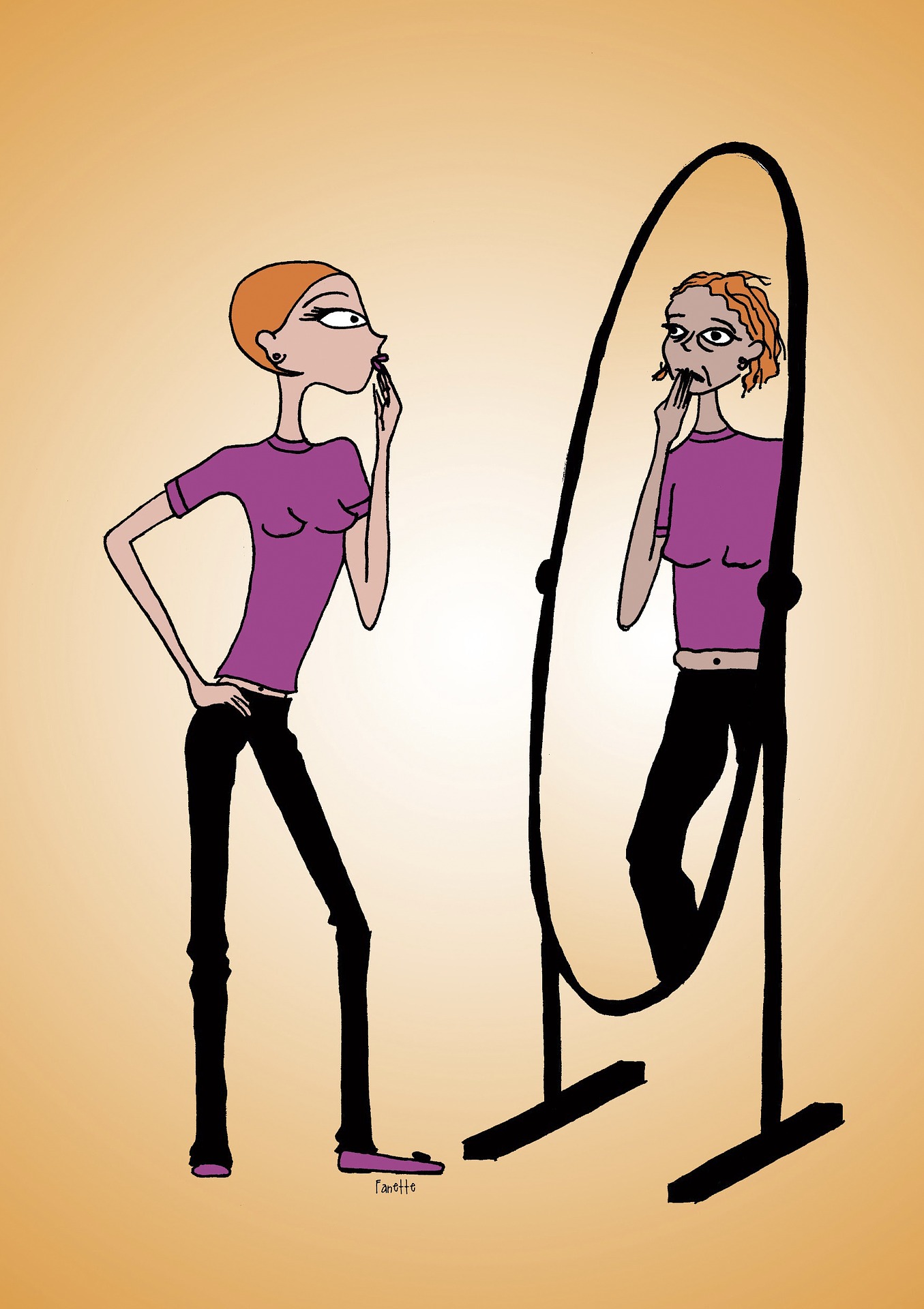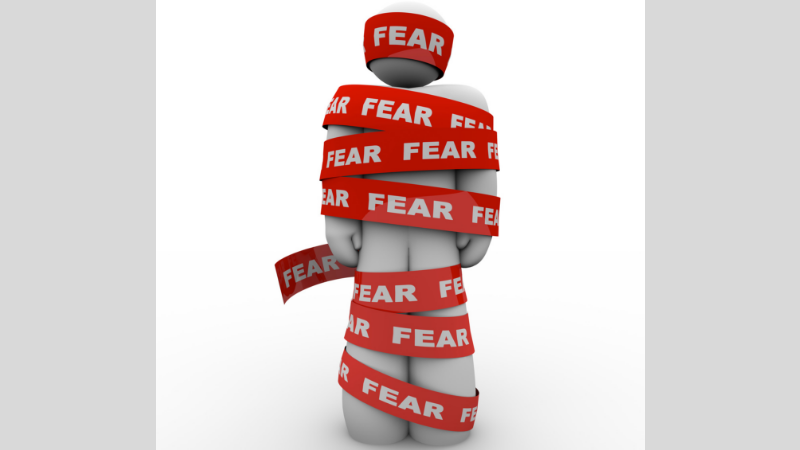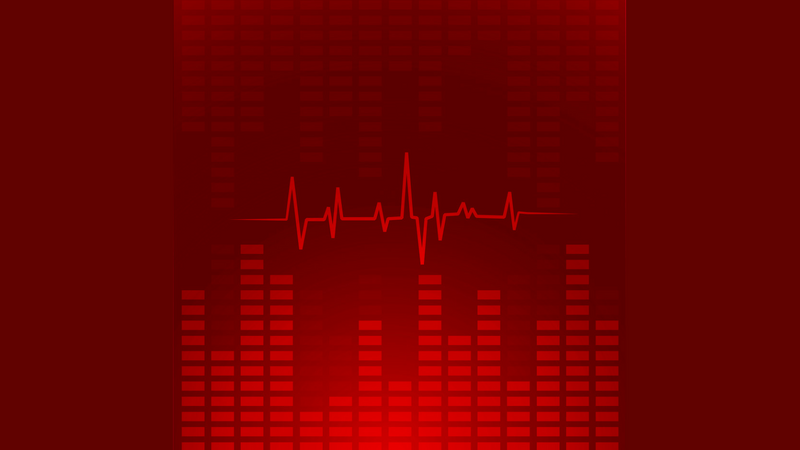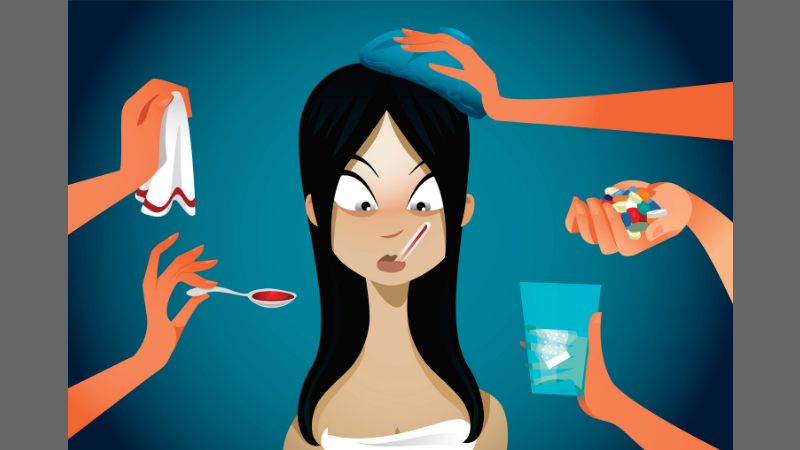I Just Wish I Was Normal
“I just wish I was normal.”
The topic that week was about self-stigma and how often we blame ourselves for our disorders. It’s fascinating to me how often we think about our disorder as something that we caused or that we brought on ourselves. Our support network can reinforce this belief, too, telling us to not “use excuses” for our behavior, rather than recognizing that we are dealing with real stuff and serious challenges.
It’s almost like we somehow believe that we chose this for ourselves. That somehow, I chose to have bipolar disorder, the same way that someone else in my group is choosing depression or anxiety. As though we prefer to wallow in despair and pain, rather than feel better and participate in life in a healthy way.
The reality is that mental illness is not a choice and we have to stop treating it as such. It is an illness, the same way that cancer is an illness and diabetes and fibromyalgia are illnesses. Unseen and yet so very, very real.
The idea of “normal” is probably one of the most toxic stigmas out there. When we stop and consider the real numbers, we know that it doesn’t exist. Very few people go through their lives with perfect health (in fact, I’m still looking for someone who has this experience). In reality, at some point in our lives, we all deal with a something, whether it’s a mental illness or a serious health issue.
Don’t believe me? Here are some stats that I pulled from NAMI (nami.org):
- In a given year, 1 in 5 American adults experiences a mental illness
- Nearly one in 25 life with a serious mental illness
- 18% of American adults live with anxiety disorders
- 1% live with schizophrenia
- 2.6% live with bipolar disorder.
Let’s stop and think about that for a moment. Let’s put these numbers into more context and see how they stand up to the idea of normal.
My church typically has 400 people at any given service. Assuming they are representative of the broader American adult population, then:
- This means 80 people in the room will experience a mental illness this year.
- This means that 16 of them live with a serious mental illness (take me out of the equation and that leaves another 15).
- Four people in that room live with schizophrenia.
- At least ten people (beyond me) live with bipolar disorder.
How many people do you see every day? How many people at your children’s school? At the grocery store? Driving on the road? We come across people living with significant disorders on a consistent and regular basis, and yet — somehow — we still look at mental illness as some weird offshoot.
How does this happen? I believe it’s because we all learn a societal veneer that prevents us from being honest about what is happening in our lives and how we are truly feeling. We know that Facebook and Instagram are not positive for our mental health because we only see someone else’s highlight reels and not the truth of their situation. Our sense of normal is skewed.
When we (inevitably) compare our reality to their highlight reels, we only see how our life doesn’t match. We see how we don’t measure up to them. We see all the little ways that our life fails. That we fail. That we aren’t normal.
If we are honest with ourselves, we feel like a loser.
No one likes a loser.
So, we filter what we put on social media. People living with depression or other mental illnesses are amazing at hiding the reality of their illnesses, and we filter what we tell those who love us. “How are you?” “I’m fine,” we respond, even when we aren’t.
We are such masters at faking it that we forget others do the same.
Faking it is the real normal.
So the next time you ask someone how they are doing, stop and look at them. Really see them. Look them in the eye and ask them again, “No, I meant ‘howare you?’” I bet you’ll be surprised by the response.
In taking the time to really check in with each other, we not only redefine normal, but we also break down relational barriers that prevent people from getting healthier. We break down the stigma that surrounds us. We break through isolation to create a real community. We build each other up.
“I just wish I was normal.” You are, dear; you really are.
Have you ever said this? How are you feeling today?
Looking for daily inspiration and community? Join our warm and supportive Facebook group!









